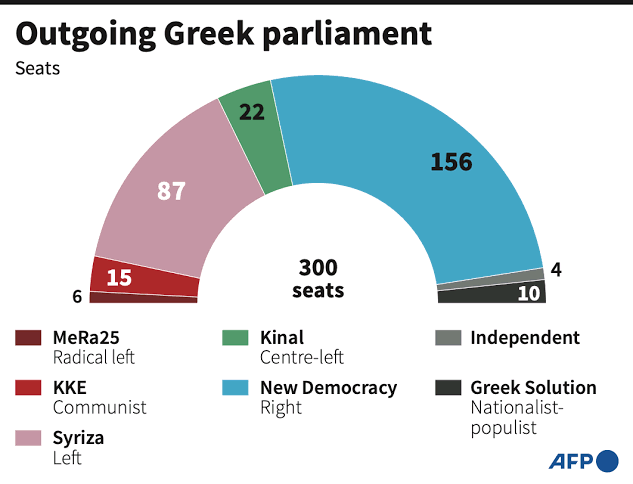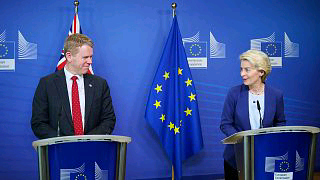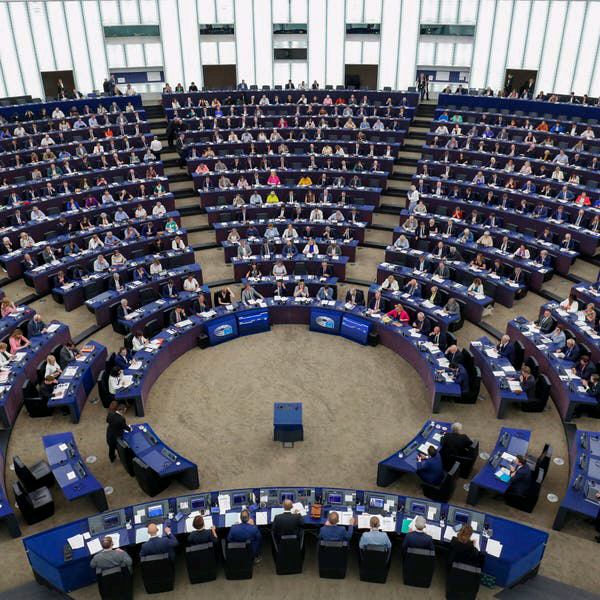Greeks are voting for a second time in little more than a month to elect a new parliament, with voters expected to give former Prime Minister Kyriakos Mitsotakis’s conservative party a second term in office.
Polling stations across the country opened at 7am (04:00 GMT) on Sunday and will close 12 hours later, with results expected by about 17:00 GMT.
The vote is overshadowed by a boat wreck off the coast of western Greece about a week ago in which hundreds of refugees and migrants either died or went missing.
But the disaster is unlikely to significantly affect the overall outcome as Greeks are expected to focus on domestic economic issues.
Mitsotakis, 55, is eyeing a second four-year term as prime minister after his New Democracy party won by a huge margin in May but fell short of gaining enough parliamentary seats to form a government.

With a new electoral law now favouring the winning party with bonus seats, he is hoping to win enough seats to form a strong majority in the 300-member parliament.
The new electoral system grants a bonus of between 25 and 50 seats to the winning party, depending on its performance, which makes it easier for a party to win more than the required 151 seats in the parliament to form a government.
His main rival is Alexis Tsipras, the 48-year-old head of the left-wing Syriza party who served as prime minister from 2015 to 2019, during some of the most turbulent years of Greece’s nearly decade-long financial crisis.
Tsipras fared dismally in the May elections, coming a distant second, 20 percentage points behind the New Democracy. He has been trying to rally his voter base, a task complicated by splinter parties formed by some of his former associates.
Sunday’s election comes after hundreds of refugees and migrants died or went missing in southern Greece when an overcrowded fishing trawler heading from Libya to Italy capsized and sank, drawing criticism over how Greek authorities handled the rescue.
But the disaster, one of the worst in the Mediterranean in recent years, has done little to dent Mitsotakis’s 20-point lead in opinion polls over Tsipras, with the economy at the forefront of most voters’ concerns.
As Greece gradually recovers from its brutal, financial crisis, voters appear happy to return to power a prime minister who delivered economic growth and lowered unemployment.
Mitsotakis, a Harvard graduate, comes from one of Greece’s most prominent political families: his late father Constantine Mitsotakis served as prime minister in the 1990s, his sister served as foreign minister and his nephew is the mayor of Athens. He has promised to rebrand Greece as a pro-business and fiscally responsible Eurozone member.
The strategy, so far, has worked: New Democracy routed left-wing opponents in May, crucially winning Socialist strongholds on the island of Crete and lower-income areas surrounding Athens, some for the first time.
Trailing in opinion polls and on the back of his particularly poor showing in the May vote, Tsipras finds himself fighting for his political survival. His political campaign in the run-up to the previous elections was deemed by many as being too negative, focusing heavily on scandals that hit the Mitsotakis government late in its term.
Despite the scandals, which included revelations of wiretapping targeting senior politicians and journalists, and a deadly February 28 train crash that exposed poor safety measures, Tsipras failed to make any significant gains against Mitsotakis.
Whether the conservative leader will manage to form a government, and how strong it will be, could depend on how many parties make it past the 3 percent threshold to enter parliament.
As many as nine parties have a realistic chance, ranging from ultra-religious groups to two left-wing splinter parties founded by top former members of the Syriza government.
In the May elections, held under a proportional representation system, Mitsotakis’s party fell five seats short, and he decided not to try to form a coalition government, preferring instead to take his chances with a second election.
Culled from AlJazeera




